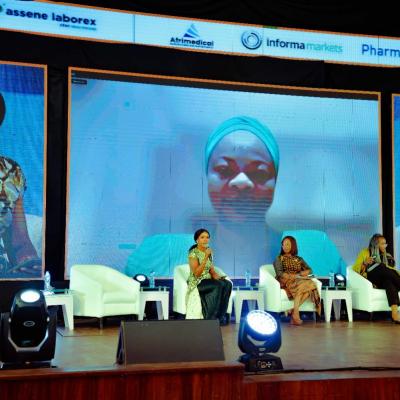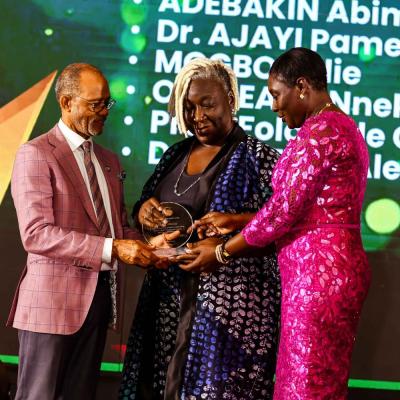Frontpage News (3257)
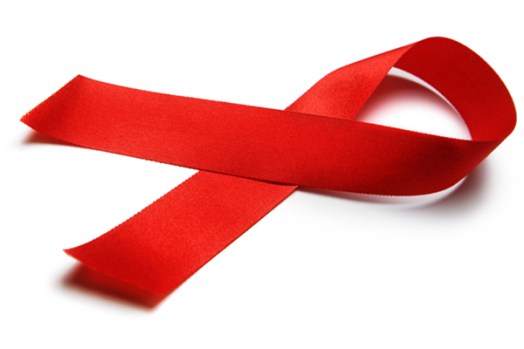 The Joint United Nations Programme on HIV/AIDS (UNAIDS) said no fewer than 1.8 million people are newly infected by HIV, warning that HIV infections continue to rise.
The Joint United Nations Programme on HIV/AIDS (UNAIDS) said no fewer than 1.8 million people are newly infected by HIV, warning that HIV infections continue to rise.
Executive Director of UNAIDS, Michel Sidibé, at the International AIDS Conference in the Netherlands, called on countries to boost prevention measures and continue facilitating access to treatment, according to UNAIDS statement.
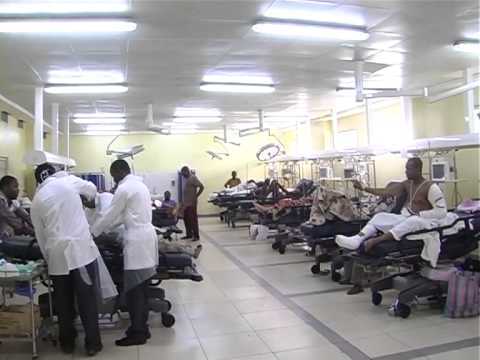 Godwin Adama, the Consul-General of Nigeria in South Africa, says about 5,000 Nigerian medical practitioners are contributing to the development of the health sector in South Africa.
Godwin Adama, the Consul-General of Nigeria in South Africa, says about 5,000 Nigerian medical practitioners are contributing to the development of the health sector in South Africa.
Mr Adama made this known in a statement issued by the Vice Consul, Information and Culture, David Abraham, and made available to the News Agency of Nigeria (NAN) on Monday in Abuja.
 The Democratic Republic of Congo’s health ministry on Tuesday declared an end to an Ebola outbreak believed to have killed 33 people, after 42 days with no new cases.
The Democratic Republic of Congo’s health ministry on Tuesday declared an end to an Ebola outbreak believed to have killed 33 people, after 42 days with no new cases.
The outbreak, first detected in northwest Congo in April, was dealt with rapidly by the World Health Organisation and Congolese authorities, including the deployment of an experimental vaccine given to over 3,300 people.
 Nigerians must be prepared for a disease outbreak anytime as global warming and ease of transportation have made it easy for an outbreak in any country to get to another fast. The Minister of Health, Prof. Isaac Adewole, gave the advice in his remarks at the University of Lagos Pro-Chancellor’s Distinguished Public Annual Lecture Series, on Monday in Lagos.
Nigerians must be prepared for a disease outbreak anytime as global warming and ease of transportation have made it easy for an outbreak in any country to get to another fast. The Minister of Health, Prof. Isaac Adewole, gave the advice in his remarks at the University of Lagos Pro-Chancellor’s Distinguished Public Annual Lecture Series, on Monday in Lagos.
 The United Nations Fund Population (UNFPA) on Tuesday commenced surgical operations for at least 150 women who are currently suffering from vesicovaginal fistula (VVF) in Borno state. It also noted that the campaign and surgical operations will last for two weeks in Borno and adjoining states.
The United Nations Fund Population (UNFPA) on Tuesday commenced surgical operations for at least 150 women who are currently suffering from vesicovaginal fistula (VVF) in Borno state. It also noted that the campaign and surgical operations will last for two weeks in Borno and adjoining states.
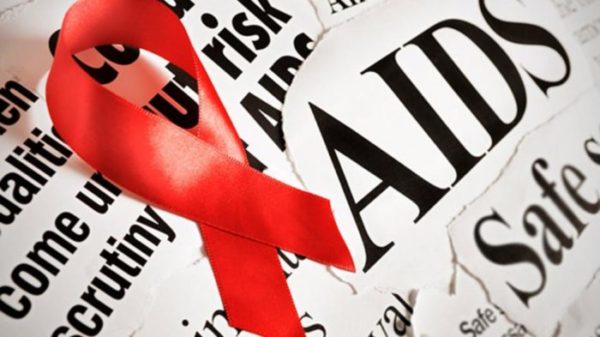 Teenagers, and particularly girls, are bearing the brunt of the global AIDS epidemic with around 30 adolescents becoming infected with HIV every hour, according to a report by the UN Children’s Fund (UNICEF)
Teenagers, and particularly girls, are bearing the brunt of the global AIDS epidemic with around 30 adolescents becoming infected with HIV every hour, according to a report by the UN Children’s Fund (UNICEF)
UNICEF said out of those 30 new infections each hour among 15 to 19 year-olds in 2017, around 20 or two-thirds – were girls.
 The THISDAY HEALTH POLICY DIALOGUE SERIES was co-created in partnership with the World Bank Group to bring to the fore key policy issues in the health sector. Following a successful inaugural edition in March 2018 which featured Nigerian born Director of Health Nutrition Population at the World Bank Group in DC – Dr Soji Adeyi, the second edition had as guest speaker the WHO Director-General Dr Tedros Ghebreyesus.
The THISDAY HEALTH POLICY DIALOGUE SERIES was co-created in partnership with the World Bank Group to bring to the fore key policy issues in the health sector. Following a successful inaugural edition in March 2018 which featured Nigerian born Director of Health Nutrition Population at the World Bank Group in DC – Dr Soji Adeyi, the second edition had as guest speaker the WHO Director-General Dr Tedros Ghebreyesus.
Due to the calibre of speakers and the topical issues featured the health policy dialogue has firmly established itself as Nigeria’s leading public event on health policy. The two previous editions of the Health policy dialogue focused on the chronic underfunding of the health sector as a major cause of poor health outcomes with successful outcomes.
Fresh Crisis rocks NHIS; Governing Council rejects budget, accuses management of ‘padding’
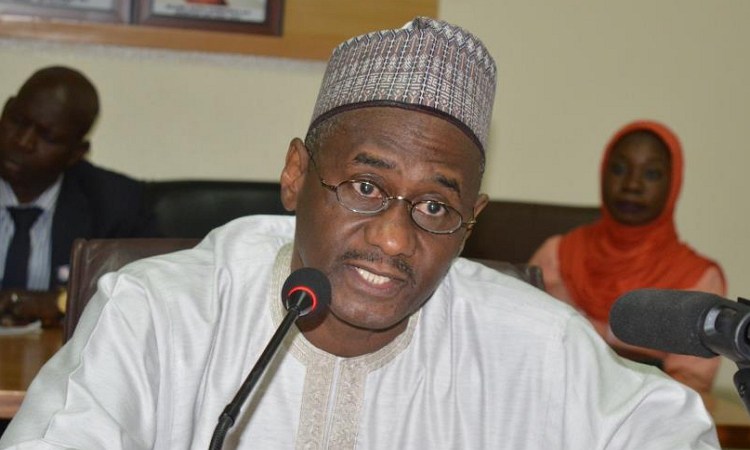 Anxiety is growing at the National Health Insurance Scheme (NHIS) following the rejection of the 2018 budget of the agency by its Governing Council over alleged improprieties. The scheme’s Governing Council is empowered by law to review and approve the budget of the NHIS.
Anxiety is growing at the National Health Insurance Scheme (NHIS) following the rejection of the 2018 budget of the agency by its Governing Council over alleged improprieties. The scheme’s Governing Council is empowered by law to review and approve the budget of the NHIS.
The budget was delayed by the protracted crisis at the agency that got to a climax last year when the Minister of Health, Isaac Adewole, sent the Executive Secretary, Usman Yusuf, on indefinite suspension over allegations of misconduct and corruption.
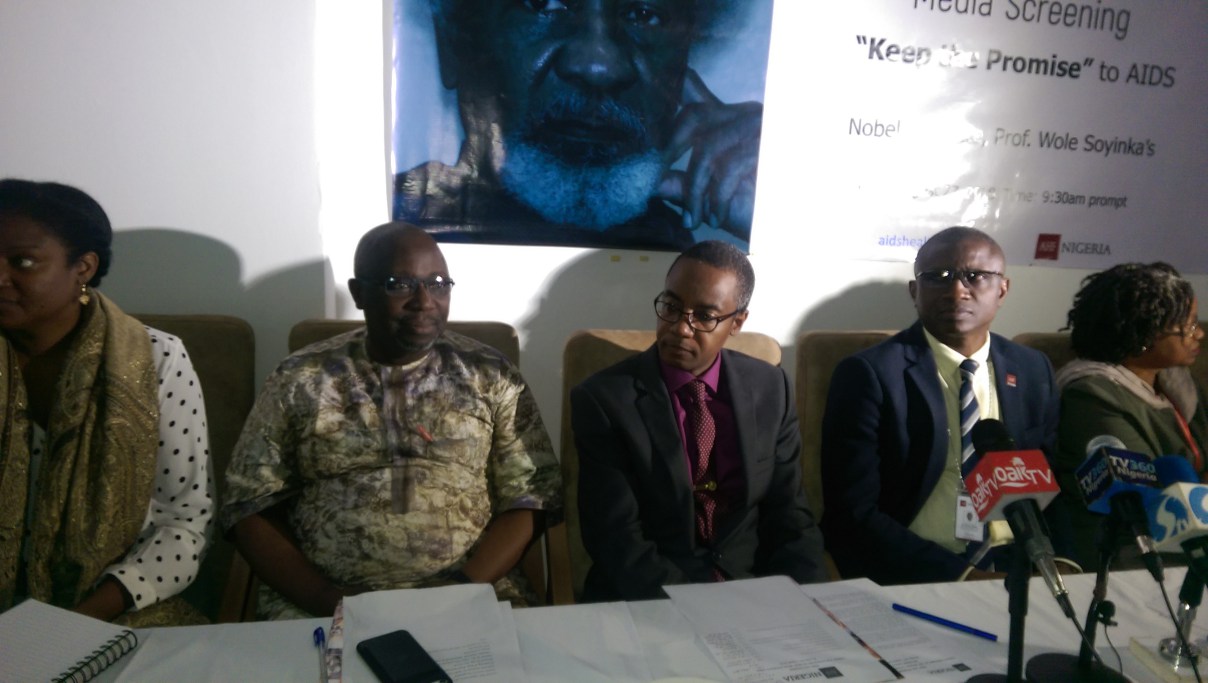 The Director-General of National Agency for Control of Aids (NACA), Sani Aliyu, has appealed to state governments to start providing money for treatment of their residents living with HIV/AIDS.
The Director-General of National Agency for Control of Aids (NACA), Sani Aliyu, has appealed to state governments to start providing money for treatment of their residents living with HIV/AIDS.
He made the appeal against the backdrop of a plan by the Nigerian government to take ownership of the fight against the disease in the country following a decline in foreign funding.
 Minister of State for Health, Dr. Osagie Ehanire, Wednesday said tobacco use has been estimated to account for over 90 per cent of oral cancer cases recorded in the country annually.
Minister of State for Health, Dr. Osagie Ehanire, Wednesday said tobacco use has been estimated to account for over 90 per cent of oral cancer cases recorded in the country annually.
More...
 In its commitment to provide quality health, the Nigeria State Health Investment Project (NSHIP) has improved access to healthcare services at cheaper rates, especially for rural communities in Taraba State.
In its commitment to provide quality health, the Nigeria State Health Investment Project (NSHIP) has improved access to healthcare services at cheaper rates, especially for rural communities in Taraba State.
Consequently, its effort has begun to yield positive results as the programme has covered 47 per cent of the populace.
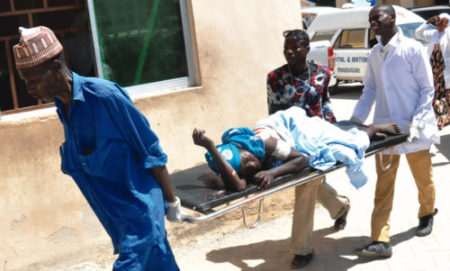 Borno state government has raised the alarm over the outbreak of diarrhoea, reporting 1,068 cases. The Acute Watery Diarrhea (AWD) hit 10 local government areas of the state.
Borno state government has raised the alarm over the outbreak of diarrhoea, reporting 1,068 cases. The Acute Watery Diarrhea (AWD) hit 10 local government areas of the state.
Dr Haruna Mshelia, the Commissioner for Health, said in Maiduguri on that the ministry and other partners were already responding to the incident.
::introtext::
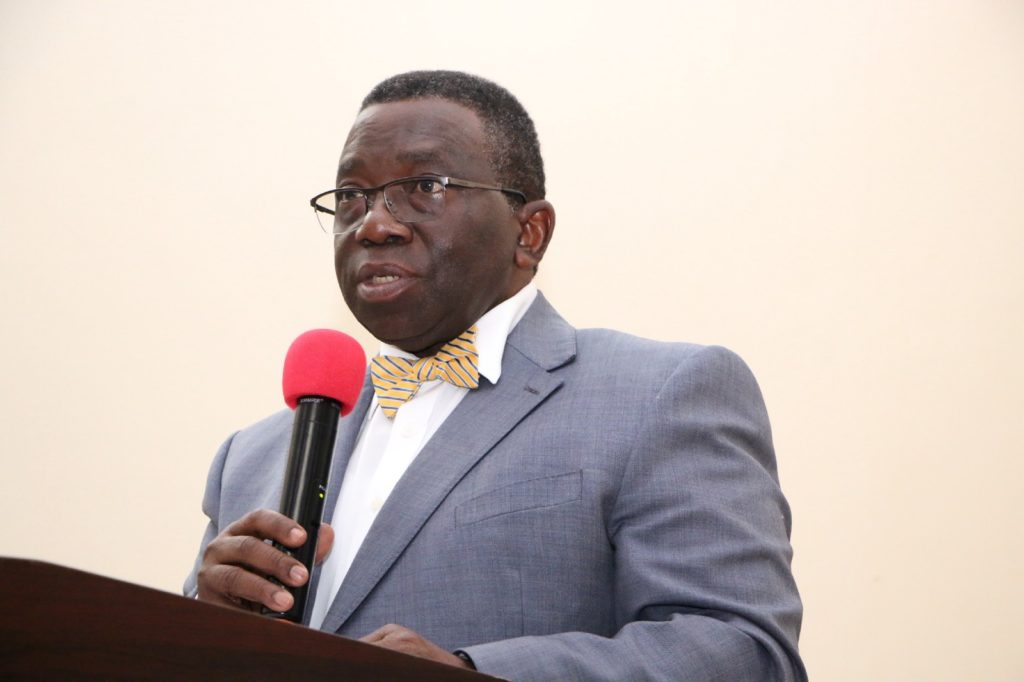 Worried by the disturbing statistics of infants’ mortality in the country, which has been described as the single largest contributor to the global annual mortality rate, the Minister of Health, Professor Isaac Adewole has said this is unacceptably high, as he identified inaccessibility to basic health and nutrition services as the main reasons for the colossal loss.
Worried by the disturbing statistics of infants’ mortality in the country, which has been described as the single largest contributor to the global annual mortality rate, the Minister of Health, Professor Isaac Adewole has said this is unacceptably high, as he identified inaccessibility to basic health and nutrition services as the main reasons for the colossal loss.
According to him, one of the major challenges facing the country is a high rate of infant mortality. “Nigeria is the single largest contributor to the global annual number of mortality rate; infant and child mortality rates are unacceptably high; a total fertility rate has remained stubbornly high and has worsened nutrition outcomes in children as well as immunization rates, especially among the poorest children”.
While regretting the development, he noted that those difficulties had grossly outpaced government spending on health and nutrition, coupled with government spending in recent years being unable to reach those who needed them most and doing little to reduce high and impoverishing out-of-pocket spending on health by poor Nigerians.
Prof. Adewole made this remarks at a forum organised by the Federal Government of Nigeria, the Global Financing Facility (GFF) and Partners, in Abuja, to co-finance efforts towards improving the health and nutrition of the poorest women, children and adolescent in the country.
In order to reverse the poor health indexes of the country, the minister announced that the Government of Nigeria is committed to ensuring that all Nigerians, particularly women, children and adolescents facing some of the most challenging circumstances in most places, have access to basic health and nutrition services that they need without becoming poorer by paying for them.
He said, “the GFF has created a new sense of awareness that we must put our money on the table for these essential investments in our people and use them in even smarter ways and that is something that has not been done before.
To this end, Adewole maintained that the grant from the GFF would co-finance early implementation of the Basic Health Care Provision Fund (BHCPF) with funds mobilised from the government and other contributors, starting in three states: Abia, Niger and Osun.
Following the start-up phase, the minister revealed that the Nigerian Government would provide most of the financing for the scale-up to the remaining 33 states and the Federal Capital Territory.
Also speaking, the Director of the GFF, Mariam Claeson, who expressed his views through the press state released by the Federal Ministry of Health, said that Nigeria’s commitment to sustainable financing health and nutrition was a beacon for other countries as they worked closely with the GFF to make sure the investment they made lasted for years to come.
‘’The Government of Nigeria will make an enormous difference in the lives of millions of Nigerians by making a lasting investment in the health and nutrition of women, children and adolescents, the foundation of the society and the economy’’.
Source: Pharmanews
::/introtext::::fulltext::::/fulltext::
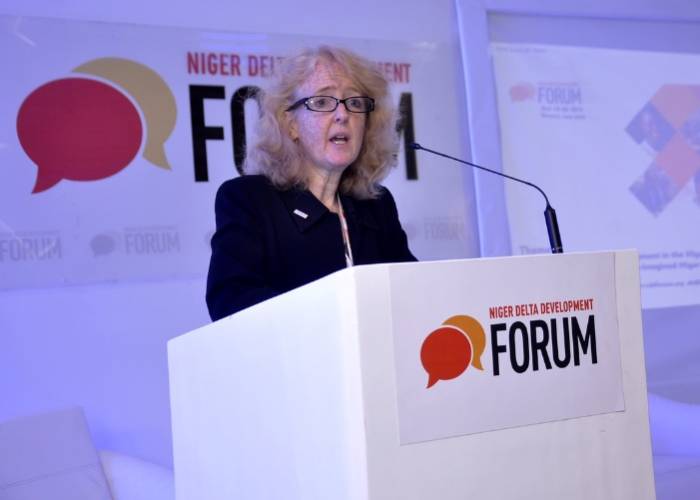 Nigeria has won a new funding of $26.5 million to support health care and good governance, courtesy of the U.S. Agency for International Development (USAID).
Nigeria has won a new funding of $26.5 million to support health care and good governance, courtesy of the U.S. Agency for International Development (USAID).
The agency said at the weekend that the additional support to Nigeria was made because of the country’s achievement in the development goals outlined in the bilateral Development Objectives Assistance Agreement signed in 2015,



